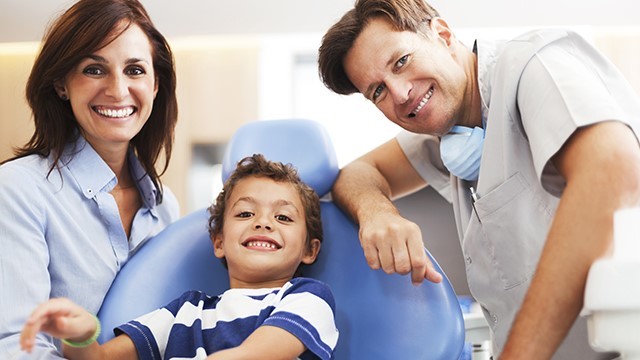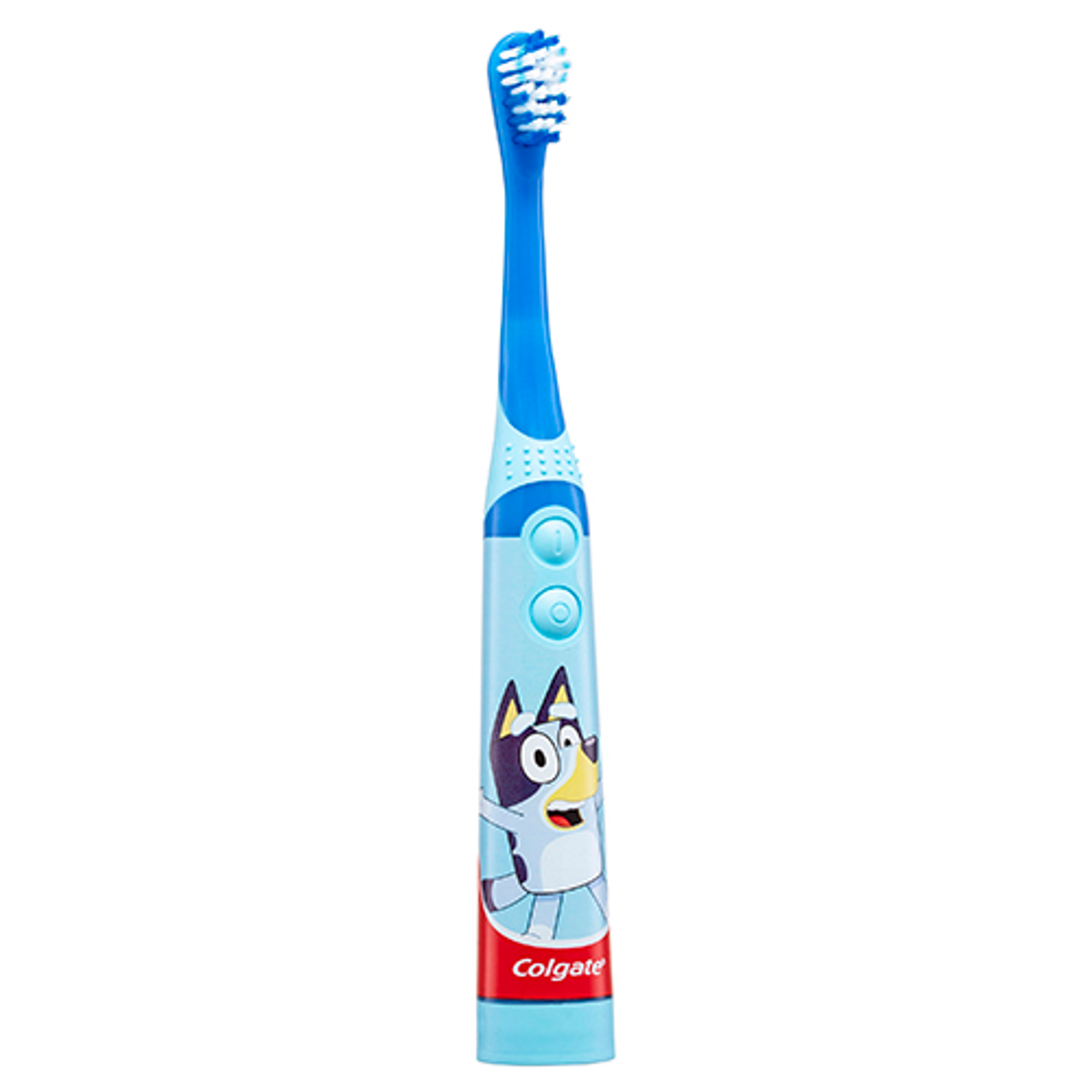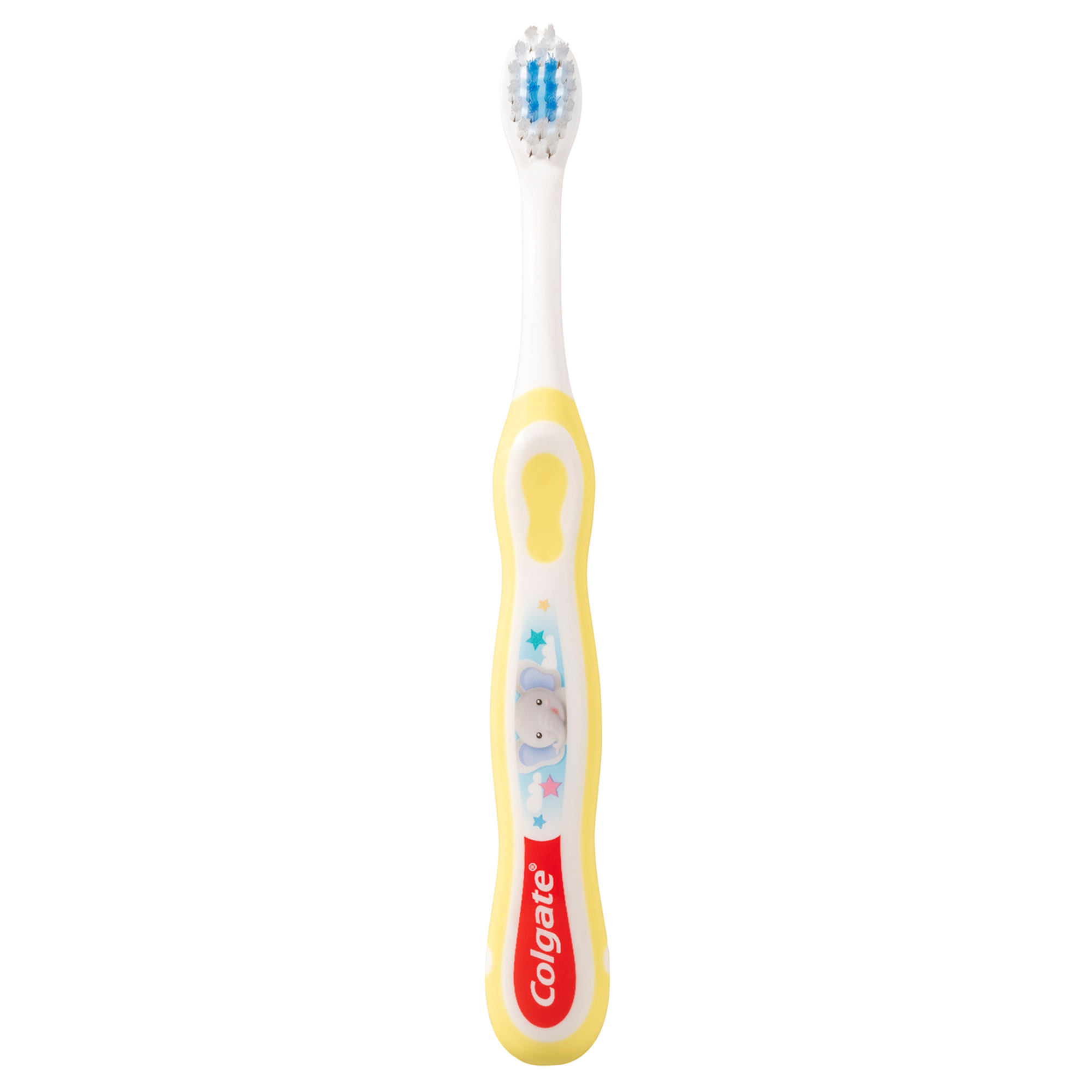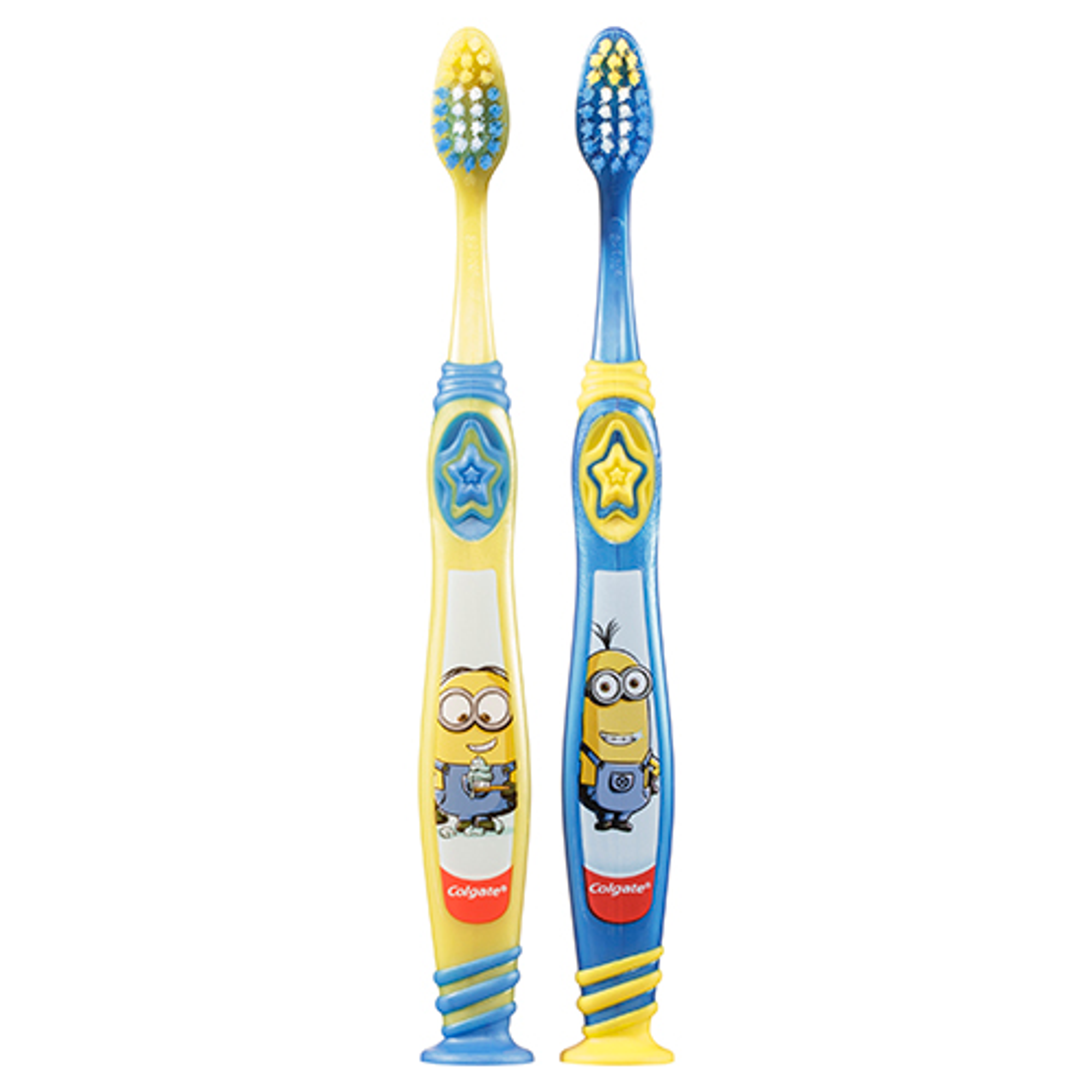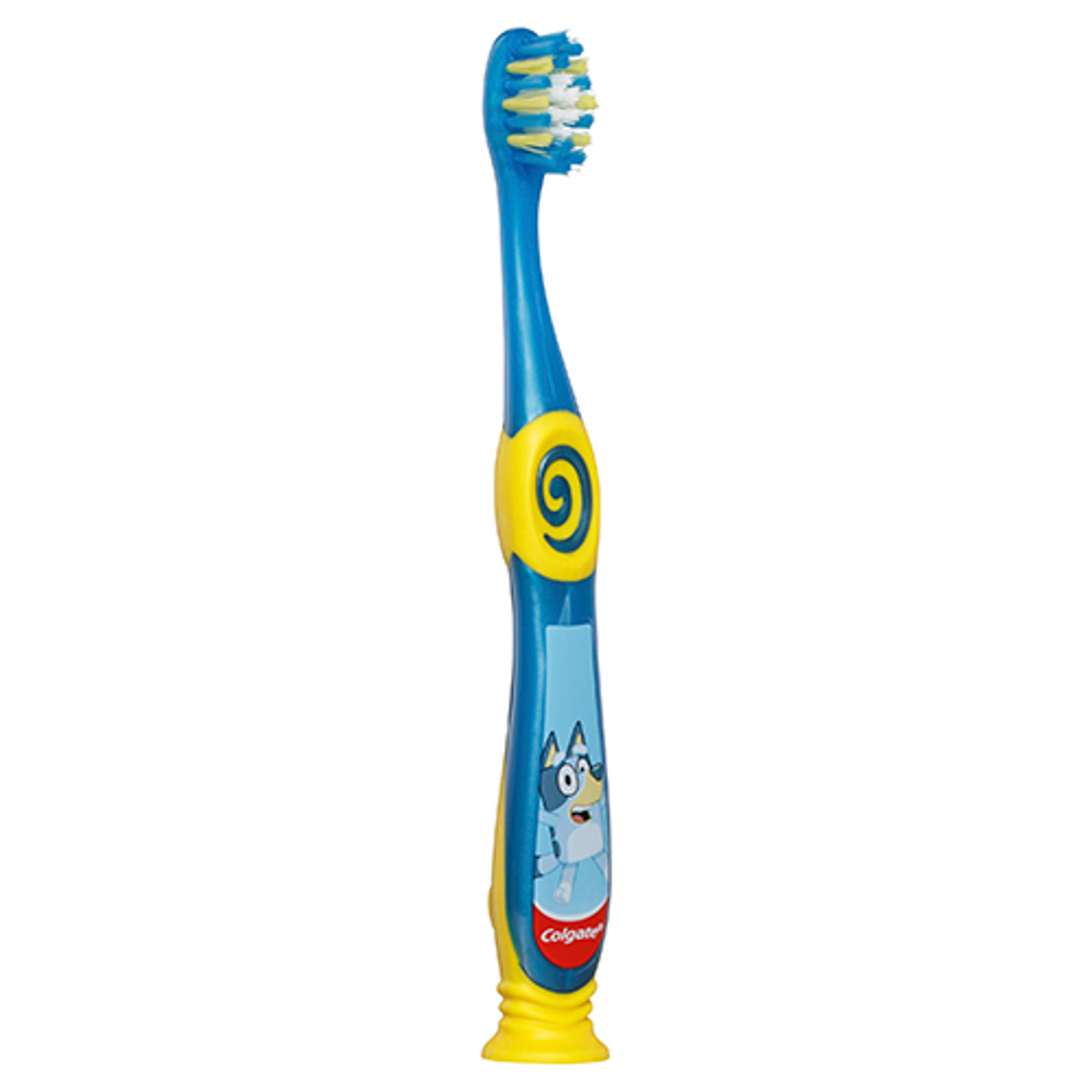-
-

BRUSHING & FLOSSING
How to BrushWhat Is the Right Way to Brush?
Proper brushing takes at least two minutes — that's right, 120 seconds!...

BRUSHING & FLOSSING
How To FlossWhat is the Right Way to Floss?
Proper flossing removes plaque and food particles in places where a toothbrush cannot easily reach... -
Science & Innovation
- Home
- Oral Health
- When do Babies Start Teething?
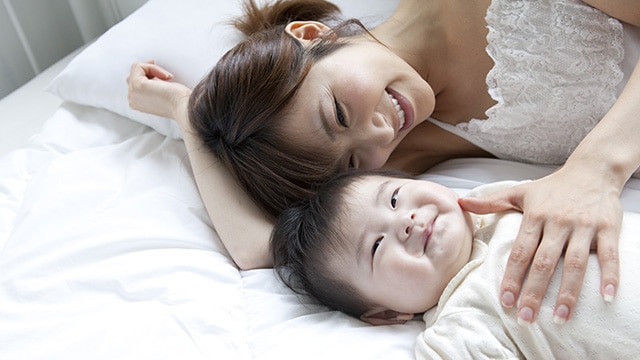

The first tooth is an exciting milestone in your baby’s development, but it also comes with some challenges - for the baby and for you. By knowing what to expect and how to help, you can be prepared to make teething a more manageable experience for both of you.
Preparing For Teething
According to the Australian Dental Association (ADA), your baby’s first teeth won’t arrive until between four and ten months old. However, it’s never too early to start laying the foundation for good dental hygiene.
The ADA recommends cleaning your baby’s gums with a soft cloth or gauze twice a day. This will help your baby become accustomed to a twice-daily oral health routine from an early age.
What to Expect When Your Baby is Teething
And so it begins! If your baby is displaying any of the following signs, their first tooth is likely to be on the way:
- Red, swollen and sensitive gums.
- Flushed or red cheeks.
- Dribbling.
- Restlessness or difficulty sleeping.
- Irritability or fussiness.
- Unusually frequent or intense crying.
Your baby might also start to refuse food due to sore gums, and you may also notice them biting, sucking and chewing on everything in sight!
That said, if you notice symptoms that are typically signs of illness, such as a fever, then it is always best to consult a doctor.
How To Help Your Teething Baby
It can be tough to watch your baby struggling through the teething stage, but there are a number of ways you can help. The ADA recommends:
- Gently rubbing or massaging the gums with a clean finger or a cold spoon.
- Giving the baby sugar-free teething biscuits or rusks.
- Offering the baby a chilled washcloth to chew on.
- Giving the baby a chilled (not frozen) teething toy or ring.
The ADA notes that you shouldn’t give your baby anything too hard or too cold as it may damage the gums.
Your Baby’s First Dentist Visit
The ADA recommends scheduling your baby’s first dental appointment as soon as their first tooth cuts through, or before their first birthday, whichever comes first.
This is the ideal opportunity for you to get professional advice on caring for your baby’s new teeth, and your dentist will also be able to check that everything is developing as it should. For your baby, it’s also a good way to get comfortable with visiting the dentist.
Looking After Your Baby’s New Teeth
When the first tooth appears, it’s time to start brushing. The ADA suggests using a soft children’s toothbrush to clean their gums and teeth, but they do not recommend using a fluoride toothpaste until your baby is at least 18 months old.
As your child enters the toddler years, they will likely want to be more involved in toothbrushing. While you should always supervise and do a second, thorough brushing yourself for younger children, encouraging your child to participate is a great way to build enthusiasm for oral health care and develop good habits that will last a lifetime.
This article is intended to promote understanding of and knowledge about general oral health topics. It is not intended to be a substitute for professional advice, diagnosis or treatment. Always seek the advice of your dentist or other qualified healthcare provider with any questions you may have regarding a medical condition or treatment.
Related Products

Helping dental professionals
More professionals across the world trust Colgate. Find resources, products, and information to give your patients a healthier future




